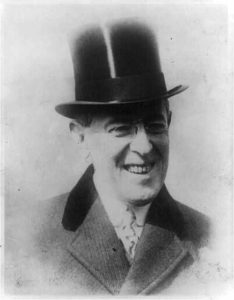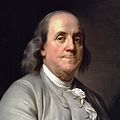Carol Ryrie Brink (born Moscow, Idaho, 1895; died La Jolla, California, August 15, 1981) was an author of more than 30 books. One of her books is Caddie Woodlawn. It received the 1936 Newbery Award. Children could visit a website at: Carol Ryrie Brink.
Cynthia DeFelice (born Philadelphia, Pennsylvania, 1951) has written sixteen novels and twelve picture books for children. Her books include The Real, True Dulcie Campbell and When Grandpa Kissed His Elbow. Children can visit her website at: Cynthia DeFelice.
Elizabeth Fitzgerald Howard (born Baltimore, Maryland, 1927) has written at least twelve books for children. One of her books, Virgie Goes to School with Us Boys, was illustrated by E. B. Lewis, who received a 2001 Coretta Scott King Honor Award for the book’s illustrations. Children could learn more at: Elizabeth Fitzgerald Howard.
Emily Cheney Neville (born Manchester, Connecticut, 1919; died Keene Valley, New York, December 14, 1997) wrote books for children. Her first book, It’s Like This, Cat, received the 1964 Newbery Medal. Other works include Traveler from a Small Kingdom and Fogarty.

Woodrow Wilson
Woodrow Wilson (born Staunton, Virginia, 1856; died Washington, DC, February 3, 1924) was the twenty-eighth president (1913-1921) of the United States. He was the first president from the South since the Civil War. Despite having learning disabilities, he earned a doctorate in political science. He became New Jersey’s governor in 1910. During World War I, he tried to keep the United States neutral. Eventually America joined the War. After the war, he was instrumental in creating the League of Nations. However, Congress voted against joining the League. He won the 1919 Nobel Peace Prize. In that same year Wilson suffered a stroke, and his wife, Edith Bolling Galt Wilson, hid his condition from the country. Children can visit a website at: Woodrow Wilson.



